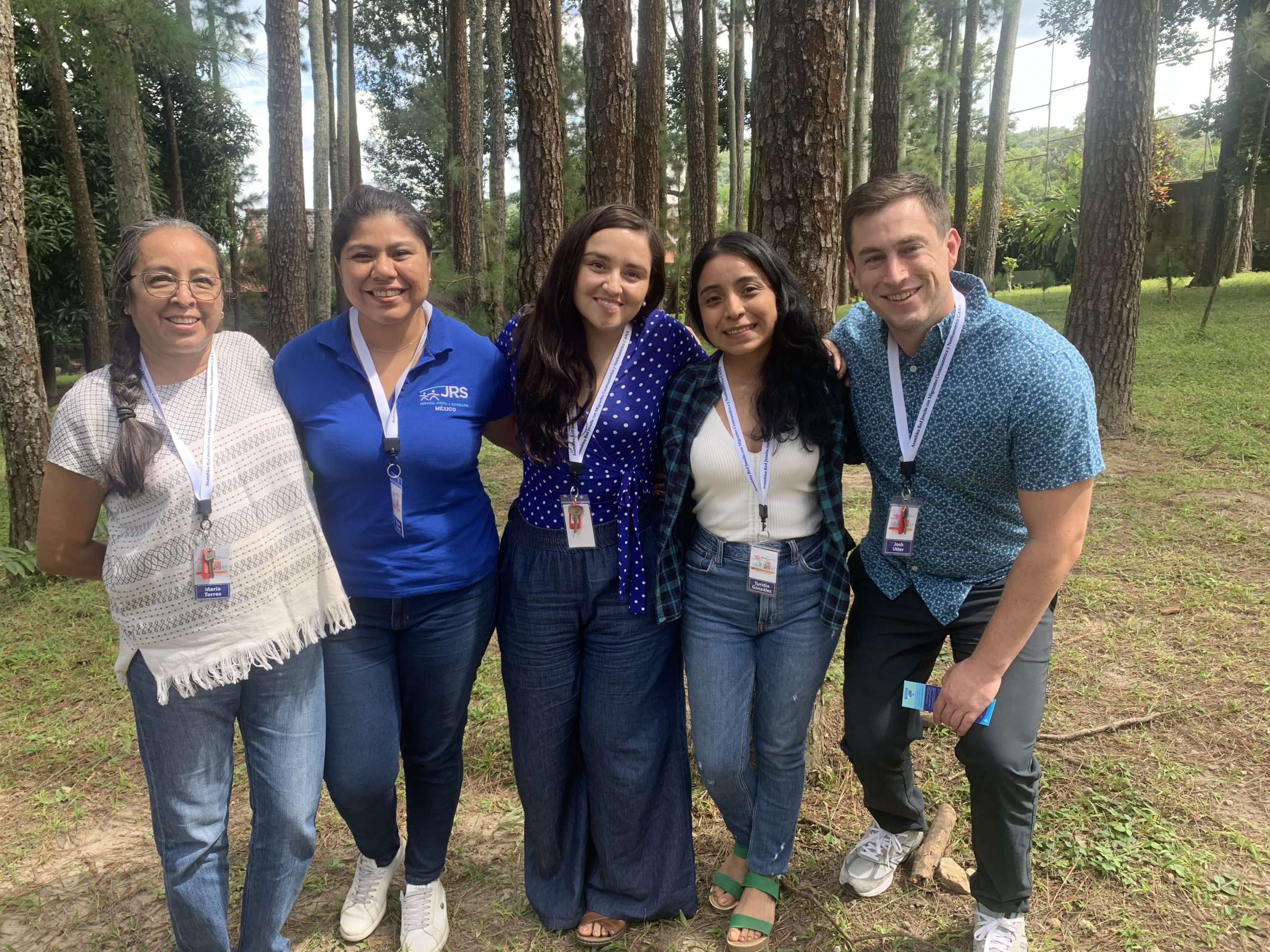Statement: Jesuit Refugee Service/USA Opposes the Expansion of Title 42
05 January 2023
Jesuit Refugee Service/USA (JRS/USA) expresses its deep disappointment and opposition to today’s announcement that the Biden Administration will continue to expand Title 42 by excluding Nicaraguan, Cuban, and Haitian nationals from petitioning for asylum at U.S. ports of entry.
“Expanding Title 42 takes U.S. policy in precisely the wrong direction, blocking access to asylum for even more people in need of protection,” said Joan Rosenhauer, Executive Director, JRS/USA. “As the Administration itself has argued, Title 42 is a COVID-era policy ungrounded in science and instead has been used as a tool to bypass our legal systems and undermine the right of individuals and families to request asylum.”
The Biden Administration also announced new humanitarian parole programs for Nicaraguans, Cubans, and Haitians in exchange for forfeiting their legal right to apply for asylum. While offering relief to some migrants and asylum seekers, these humanitarian parole programs will assist a limited number of people with the means to apply and only offers temporary protection for those seeking long-term security.
“Humanitarian parole is intended for use in emergencies when no other opportunity for protection is available,” said Giulia McPherson, Director of Advocacy, JRS/USA. “As we’ve seen with our brothers and sisters from Afghanistan who were evacuated to the U.S. in August 2021, parole does not offer a permanent solution. Instead, parolees live in limbo as they wait for policymakers to establish a permanent path to legal status. We do not want Ukrainians, Venezuelans, and now Nicaraguans, Cubans, and Haitians to face this same predicament.”
JRS/USA urges the Biden Administration to reconsider its reliance on Title 42 and humanitarian parole and to instead work with partners and policymakers to establish a long-term sustainable approach to meeting the needs of those seeking protection at our border.




